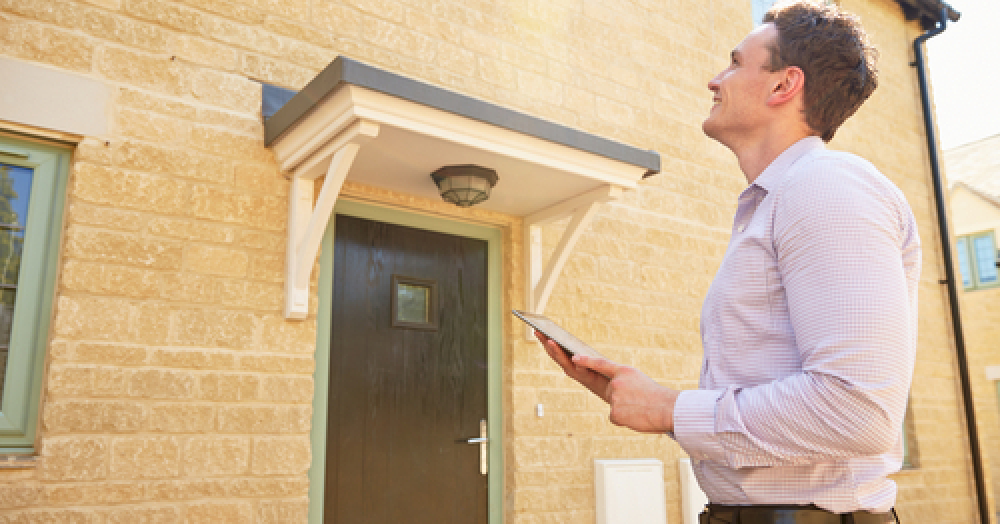When you’re in the throes of purchasing a new house and have what you think is the home of your dreams, it is important not to get carried away – a home is the most important purchase you may ever make and so it’s worth ensuring what you see is as good as what you’re getting.
Homebuyer surveys and homebuyer reports are a must in a lot of cases, depending on the age of the property. And a Chartered Surveyor will ensure that even though you have to lay out money now, you’ll save in the long run. However, as there are a few different sorts of survey, we thought we’d help give you an idea of the difference between each and help you get on track with choosing the right one for your needs.
Types of Survey:
Homebuyer Report
This report replaced the Homebuyer Survey and Valuation in 2010 and is now known as the Homebuyers survey – so what’s it suited for and what’s included?
· Conventional brick homes that have been built in the last 150 years
· It will come in the standard Royal Institute of Chartered Surveyors format
· It will look at the energy efficiency of the property and showcase the good and bad in a traffic light system
· It looks at all the permanent parts of the home including garages
· Highlights major issues that could have an impact on value now and in the future
· It will also include a valuation of the property.
· Surveyors should discuss the issues and findings of the survey and will be open to questions.
Building Survey
This survey is more major and is also known as the Full Structural Survey – it’s a detailed look at the condition of the property.
· It’s a lot more detailed than the report, and will take an in-depth look at the condition of the house
· It doesn’t have a standard format and many are presented in different manners
· Ideal for conversions and renovations or large changes to a property, as it showcases problem areas
· Ideal for future maintenance, as it highlights major problem areas
· Won’t include a valuation unless you ask
Mortgage Valuation Survey
This survey is performed by your mortgage lender to determine whether the property is worth a specific amount. This is to prove that it’s worth the amount the lender is offering, to prevent issues with negative equity. It’s simply so the lender knows they can get their loan back if there’s an issue.
RICS Condition Report
This is a cheaper version of the Home Buyer Report and doesn’t come with a valuation. It’s ideal for newer homes and is intended to act as a supplement to the mortgage valuation survey. It can be performed by RICS Valuers or by people involved in the RICS Valuer Registration Scheme.
These are the most common forms of surveys and reports used for homes in the UK, but make sure you do your research before deciding what’s best for you and your new home.

